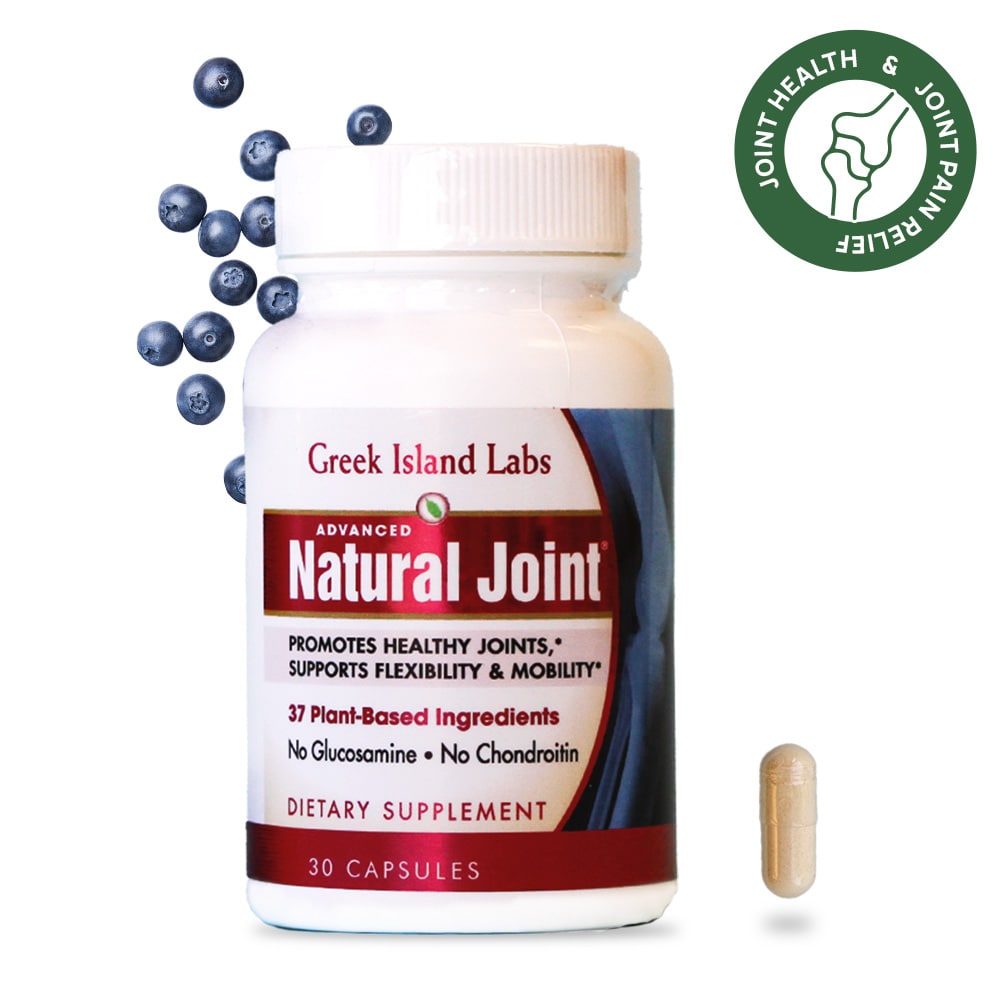"Understanding the Link between Heart Health and Alzheimer's Disease"
Shared Risk Factors
Both heart disease and Alzheimer's disease share several common risk factors, including:
- High Blood Pressure Uncontrolled high blood pressure can damage blood vessels throughout the body, including those in the brain, increasing the risk of cognitive decline.
- Diabetes Individuals with diabetes are at a higher risk of developing Alzheimer's disease, possibly due to the detrimental effects of high blood sugar on brain health.
- High Cholesterol, specifically elevated levels of LDL cholesterol, often referred to as "bad" cholesterol, can contribute to the buildup of plaques in both the heart's arteries and the brain's blood vessels.
- Obesity is a risk factor for both heart disease and Alzheimer's disease. Excess body fat can lead to chronic inflammation, which negatively affects blood vessels and brain health.
- Poor cardiovascular health has long been associated with cognitive decline irrespective of mental status. With Alzheimer's disease, any condition that impairs blood flow to the brain also increases the risk of vascular dementia, a common comorbid condition.
Practical Strategies for Improving Heart Health, Getting Better Sleep and Lowering Alzheimer's Risk 
Now that we understand the connection between heart health and Alzheimer's disease, let's explore some actionable strategies that can benefit both your heart and your brain.
Maintain a Heart-Healthy Diet- The Mediterranean Diet
The Mediterranean diet, rich in fruits, vegetables, whole grains, lean proteins, and healthy fats like olive oil, has been consistently associated with a lower risk of heart disease and cognitive decline.
2. Antioxidant-Rich Foods
Include foods high in antioxidants, such as berries, leafy greens, and nuts, to combat oxidative stress and protect brain cells.
3. Omega-3 Fatty Acids
Fatty fish like salmon, mackerel, and trout are excellent sources of omega-3 fatty acids, which have anti-inflammatory properties and support heart and brain health.
Engage in Regular Physical Activity

Exercise has numerous benefits for both your cardiovascular system and your brain:
- It helps control weight and reduce the risk of obesity and diabetes.
- It improves blood circulation, which is crucial for heart health and maintaining brain function.
- The hormone irisin, which circulates through the body during exercise, can help reduce deposits of a protein fragment called amyloid beta in a patient’s brain cells. These amyloid beta deposits create a plaque within the brain that scientists believe causes the hallmark symptoms of Alzheimer’s.
- Physical exercise stimulates the production of hormones and neurotransmitters associated with memory and mood. These include endorphins and encephalins that influence memory retention and serotonin which can help elevate mood and enhance memory and learning.
- A person who expends energy on exercise may be less likely to wander or be jittery than someone who is sedentary. Increased physical activity also results in a better night's sleep.
- Aim for at least 150 minutes of moderate-intensity aerobic activity per week.
- Incorporate strength training exercises at least twice a week.
- Physical exercise does not just mean playing a sport or running.
- It can also mean a daily activity such as brisk walking, cleaning or gardening. One study found that the risk of Alzheimer's disease can be reduced by daily physical tasks such as cooking and washing up.
 Quality Sleep
Quality Sleep
Prioritize quality sleep, as poor sleep patterns are linked to an increased risk of both heart disease and Alzheimer's disease. There's growing evidence that a lack of deep sleep increases the risk of Alzheimer's disease. Scientists say that's because during deep sleep, the brain removes toxins associated with Alzheimer's. There is something about deep sleep that helps protect you against amyloid buildup in the brain. Amyloid or beta amyloid is a substance that forms sticky clumps in the brains of people who are likely to develop Alzheimer's.
Greek Island Labs Natural Joint
At Greek Island Labs we recognize it can be difficult to find the motivation to add exercise to your daily routine when you're suffering from joint and muscle pain. Joint and muscle pain can also inhibit your ability to get a good night of rejuvenating sleep. But now that you know why exercise and quality sleep are so important to your long-term physical AND mental health, let us introduce you to Natural Joint.
Natual Joint is made with vegetables & fruits high in anti-inflammatory antioxidants to help boost the production of synovial fluid that cushions your joints and plant enzyme proteins that help build back density for joint care. 
- Helps Support Synovial Fluid
- Antioxidants To Reduce Inflammation
- Relieves Joint Pain
- Increases Joint Mobility & Flexibility
Taking Care of Your Physical Health will Benefit Your Mental Health
The connection between heart health and Alzheimer's disease is a compelling reminder of the intricate relationship between our bodies and our brains. By adopting heart-healthy habits and making informed lifestyle choices, you can significantly reduce your risk of both conditions. Remember that it's never too early or too late to start prioritizing your heart and brain health.
Whether you're making dietary changes, increasing physical activity, or managing stress, each step you take towards a healthier lifestyle contributes to your overall well-being. So, embark on this journey towards a healthier heart and a sharper mind, and enjoy the benefits of a longer, more fulfilling life.


